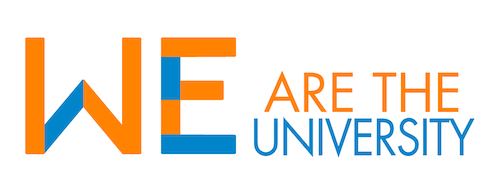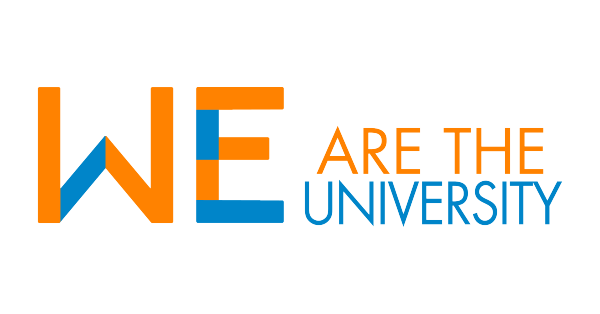Sometimes, it’s all about the story. The story of how something was done. I wanted to write about how we union employees are working on members’ behalf, how we’re preparing for the collective agreement negotiations and how we’re meeting and genuinely listening to the members whose corner we are fighting.
We began last year, in 2021, and our work is ongoing. We represent all the unions that have members employed in the university sector. We convene, communicate and meet each other, as many others surely do. In that way, our work does not differ from other work.
Undoubtedly, the different unions work in slightly different ways. What we all share, however, is strong background forces. By this I mean our members who give up their free time for our benefit. Not just for our own benefit, but that of other members too. That gives us ideas, feedback and sparring.
So how? Before the summer, we began by setting our goals and agreeing on schedules with consideration for the collective agreements. The individual unions did work regarding their specific goals. They were used as the basis for preparing shared goals on a broader level, which were eventually combined. We discussed and refined these goals. A new year began, but our goals remained the same. We believe that we’ve done good work.
We started meeting university employees, primarily online. However, our cause is very tangible. These collective agreement negotiations affect every university employee every day at work. We must be sure of our cause. We agreed further meetings and continued discussions. We invited people to discussion events that were open to all. We encouraged attendees to comment, share their opinions and challenge us. To tell us if something was wrong. Every time, we have encountered brave, erudite people. We got more ideas, which we hope will help us in negotiations and achieving our goals in them.
It’s not enough. It sometimes feels as if we are swimming upstream. We see our goals and try to make progress, but without help we won’t be successful. We need help. University employees can help us in achieving our goals. They can help us swim upstream towards our goal. One of us is not enough, nor are two. If we can get enough of us involved to bring us forward, we can achieve our goals.
I return to the audience during a collective agreement information session. I see initials on Teams circles and a few faces. Sometimes a microphone turns on or is muted. I hear my voice and realize I’m talking about solidarity and the strength of numbers. About the significance of doing things together. About how important it is to stand together behind our shared goals.
The collective agreement negotiations are proceeding step by step. We release bulletins and post on social media throughout the process. We encourage people. We tell them that these issues are shared ones. If we do not get something now, we will not get it later either. There will be no compensation now or later on.
Does anyone know how we could get everyone, or at least enough, involved? These negotiations are not for the unions. The goals are not for the unions. The goals are for the hard-working university employees, for current and future teachers, researchers and professional administrators. Don’t we deserve what others are given? Is there some special reason we cannot be given what others, our neighbours and friends elsewhere, get? The future generations that will build this society as talents and experts pass through our hands. These are the people who are thanked in festive speeches and who are said to be society’s most important resource. And what about us who are involved in creating this resource? Are we valuable, that important resource?
I hope that you stop for a moment to think how you could show your support to allow us to implement the goals that we believe are important for you, too. Join us and be one of us. Together, we will show that we have earned the benefits others receive.
Daniel Valtakari
Senior adviser, university sector
Academic Engineers and Architects in Finland TEK


